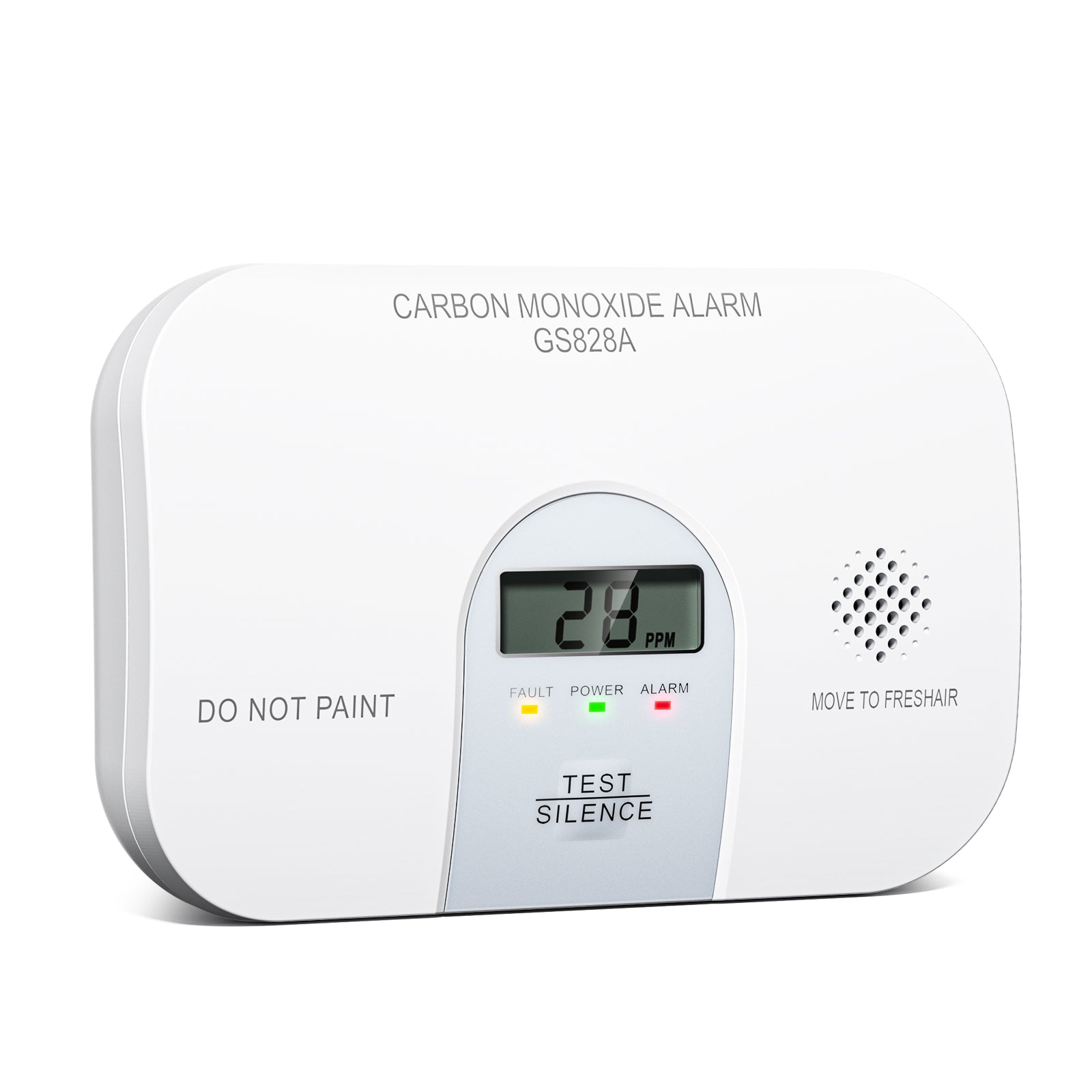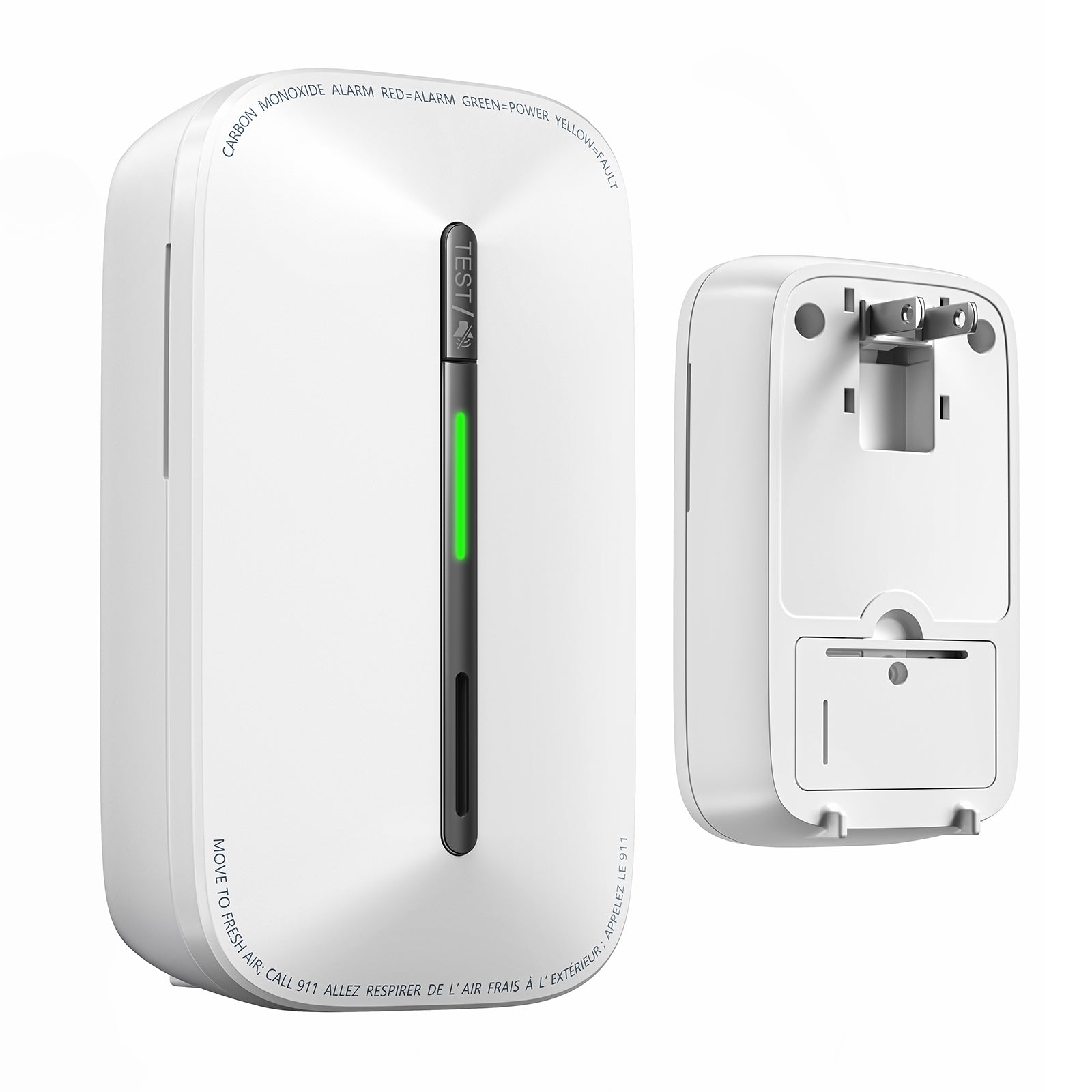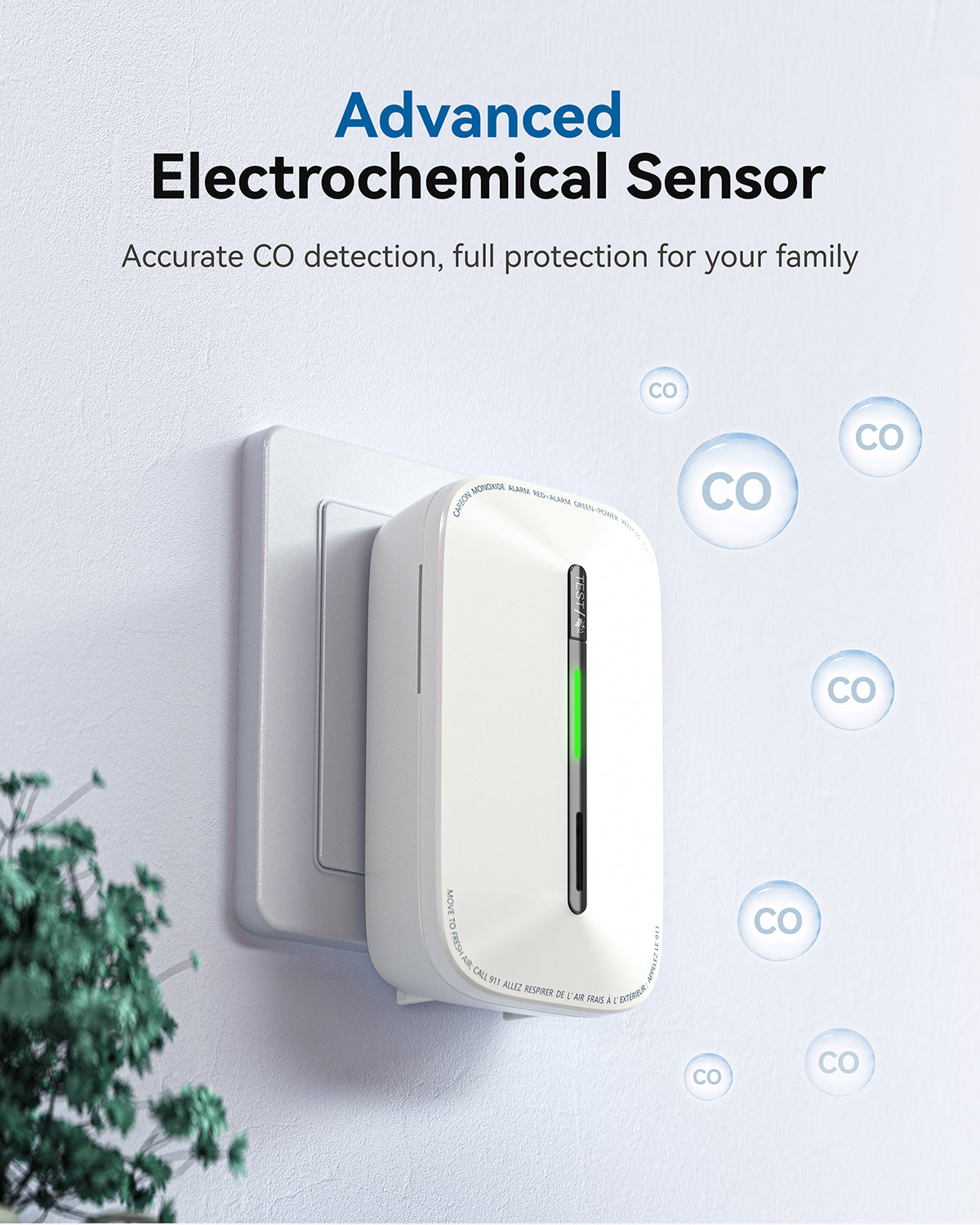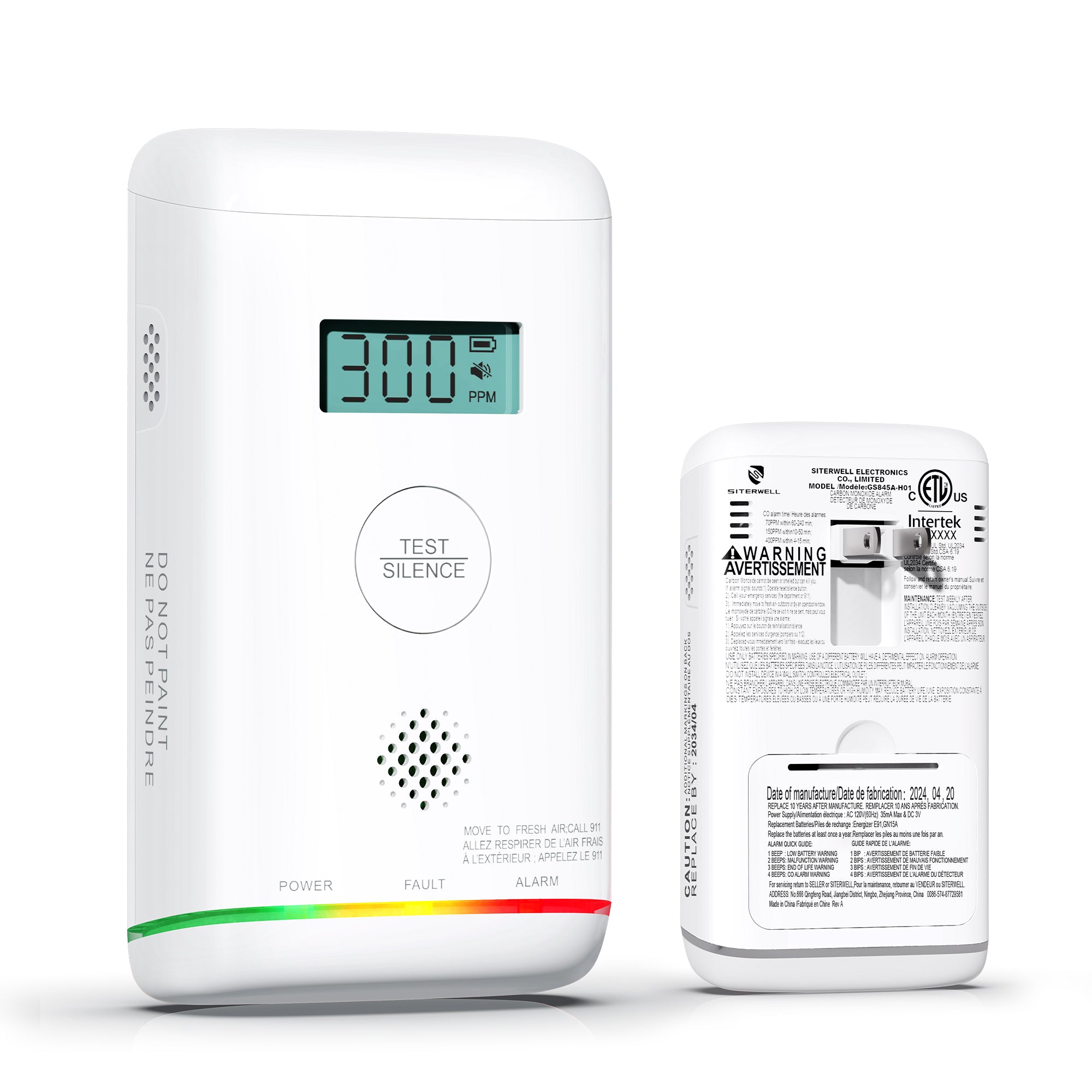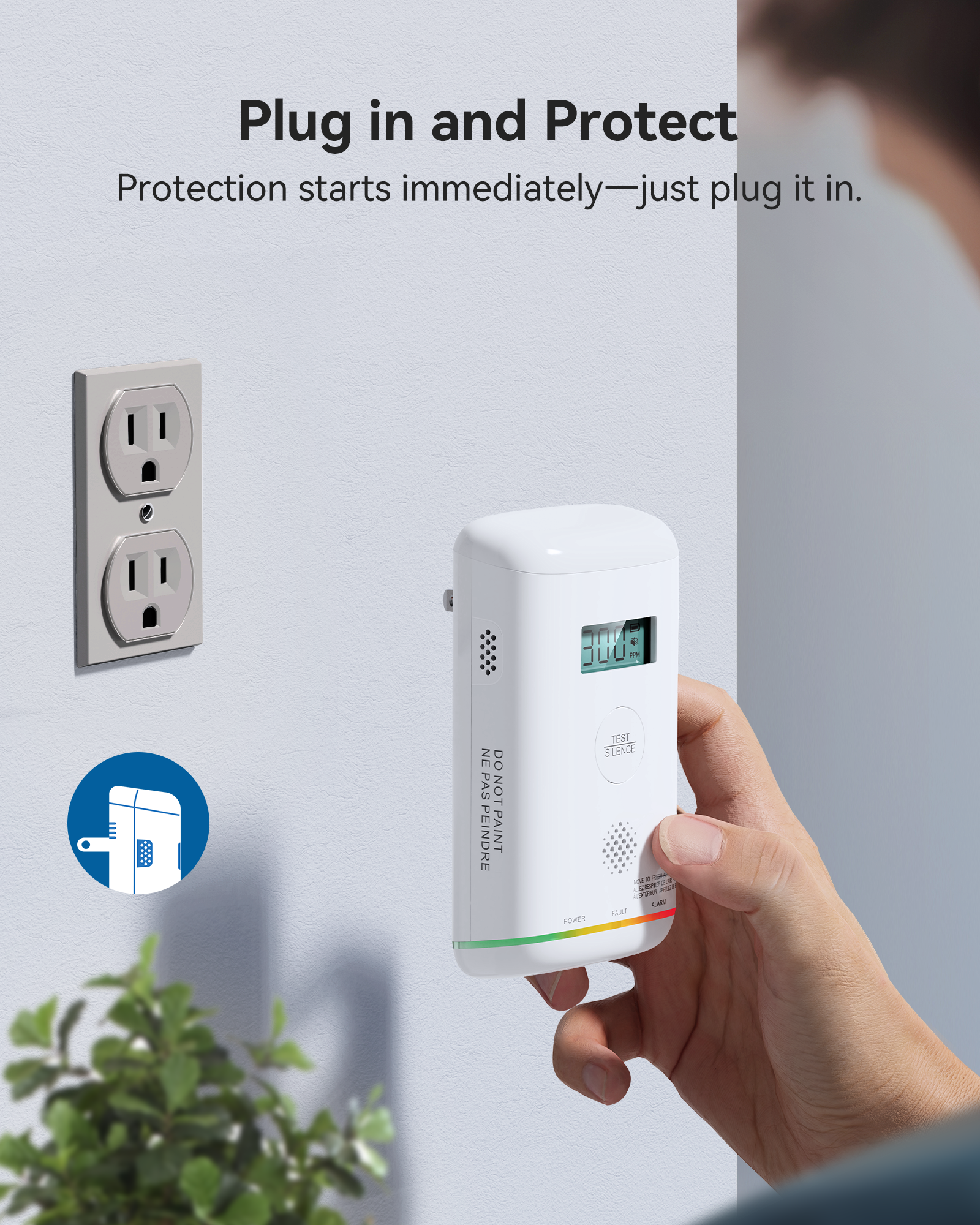There are several reasons you might get a false alarm from your CO detector
- Your CO detector needs to be replaced. Detectors can malfunction near the end of their life span.
- Your system detects a carbon monoxide leak from one of your neighbor’s appliances.
- Your shower isn’t properly ventilated and steam is causing false alarms.
- You’re using a lead-acid battery charger. Lead-acid batteries are commonly used in vehicles like boats and campers.
- You have the wrong type of CO monitor. For example, enclosed campers need specially designed CO detectors.
- Someone’s smoking tobacco in your home.
Here are some tips to reduce the number of false alarms your detector sets off.
- Test your detector every month.
- Change the batteries in your detector regularly (at least every six months).
- Clean your detector with a soft vacuum brush and compressed air every month. Don’t use water or cleaning chemicals on your device.
- Install your detectors away from kitchens, fireplaces, and fire-producing appliances.
- Replace your detectors at least once every five to seven years or immediately if they get contaminated with heavy dirt or grime.
For your own safety, always assume that your CO alarm is working properly when it sounds an alarm. You and your loved ones and pets should immediately exit your home if your alarm goes off. Carbon monoxide exposure can be extremely dangerous and even lethal.
What to do when your carbon monoxide detector goes off
First things first: Leave your house immediately if your CO detectors go off. There’s always the possibility that your device could be giving a false warning, but you don’t want to take any chances. When it comes to CO, it’s best to err on the side of caution. Here’s what to do when your CO alarm goes off:
- Leave the building with any family members and pets and seek fresh air immediately.
- Call 112 or your area fire alarm immediately to inform emergency responders that your CO alarm has been activated.
- Don’t re-enter the home, even after the alarm stops going off. Open doors and windows may allow the CO in your home to dissipate, but you don’t know if the machine that triggered the alarm has stopped producing carbon monoxide. CO could build up again once you’re inside.
- Wait until emergency workers have identified the cause of the carbon monoxide and have told you it’s safe before going back.
From Siterwell Team.




